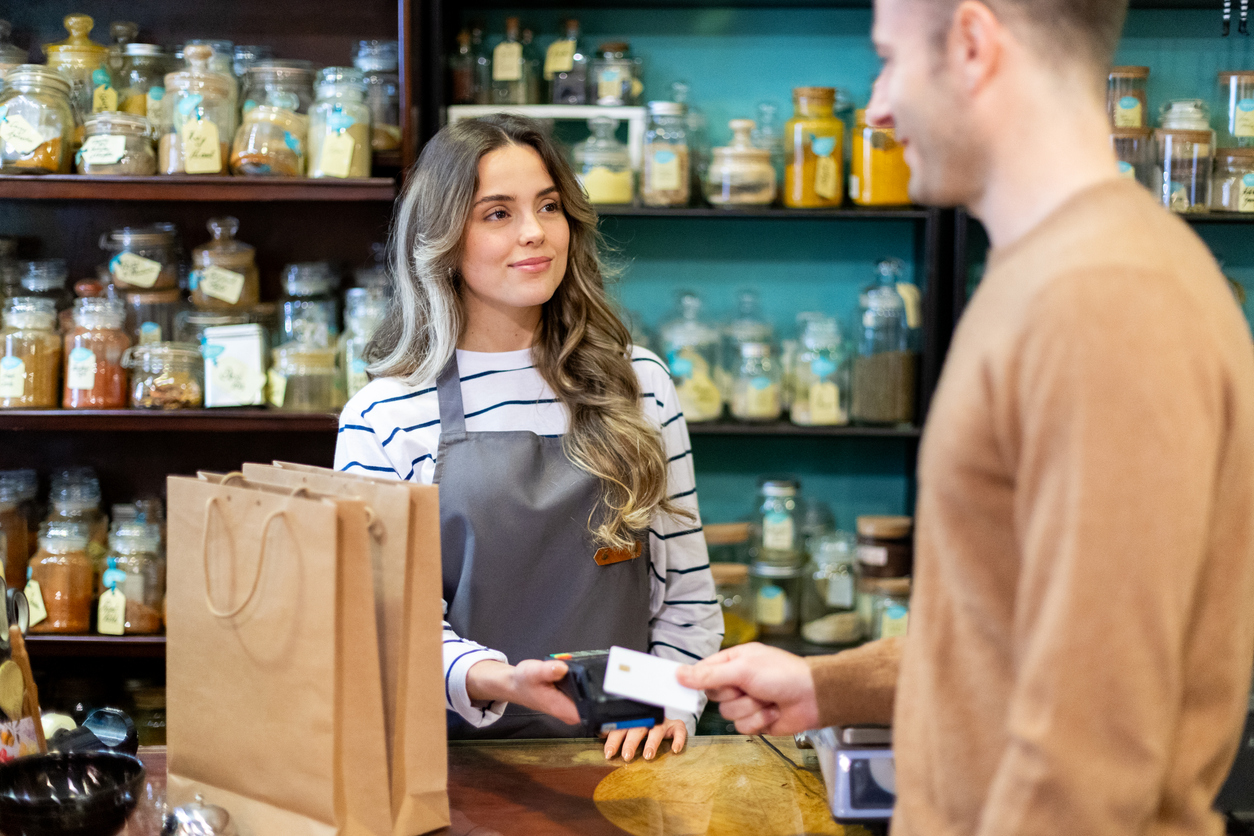Losing £10m overnight: how we weathered the Covid storm

As we approach the start of March 2022, it’s hard to visualise myself and my business two years ago, but I’ll try and paint the picture.
My property company called The Boutique Workplace Company was turning over £25m a year, having grown year-on-year. When I first started the business 13 years ago, my business partner at the time and I had found a good niche – almost by accident – and we were turning smaller, quirkier buildings into stylish, characterful and affordable office spaces for SMEs. Demand was great (with 93% office occupation) and we were growing at a fast pace reaching eventually 30 locations in London and beyond. It was a burgeoning sector and at the time, over half of all private sector income was being generated by small businesses.
We had bigger plans – to continue to expand not only in London but outside London into other cities and accelerate our growth. The property sector was fruitful and one I knew inside out. Then, a little-known virus rapidly became a pandemic, and the UK entered an unprecedented period of lockdown. Businesses large and small were told to work from home and, overnight, our office spaces fell silent and unused.
I’m not going to begin to compare my journey with those who have lost so much during the pandemic, or with organisations like the NHS. The toll taken on its courageous staff is second to none.
But, personally and professionally, the last two years have been like nothing I’ve ever experienced. Overnight, we lost 50% of our turnover and were quickly facing a predicted loss of £3m squarely in the face.
Fast-forward to today and we’re set to be close to break even over the two-year pandemic period, which is an incredible result for us all. We’ve managed to keep our team of 76 together (bar those who chose to walk away of their own accord) and we’re confident we will grow the business in our next financial year.
Here’s what I’ve learnt during the most terrifying and exhilarating journey of my career.
1. Always maintain an open dialogue
Have the most difficult conversation first. In the face of a large number of our tenants going to ground and not paying, it would have been easy for us to hunker down. But, facing our landlords was the best thing we could have done. It wasn’t always easy, but we kept the conversation up, were as truthful as possible, answered all the difficult phone calls, negotiated deals and, ultimately, made sure everyone was paid.
2. Be ready to pivot
With tenants not paying and offices lying empty, we pretty much became debt collectors overnight. Rather than fighting against this, we decided to embrace it as it was our most pressing concern, and worked out strategies to get money we were owed as swiftly as possible. I’ve never been a micromanager but I’ve always ensured I was ready to roll my sleeves up, and that helped us with all-hands-on-deck approach.
3. Learn from past experience
We started The Boutique Workplace Company (previously known as Ventia) in recession-strapped 2009, so it was a case of thinking back to the business’ roots. We entered survival mode – without the luxury of time we had to make quick decisions and trust our gut.
4. Get back to basics
Once we’d got over the initial shock this upheaval was also a good exercise in getting back to basics. Was our model fit for purpose in a post-pandemic world? How could we ensure it was sustainable whatever came our way? Stripping a business back to its essence and leaving no stone unturned is a very useful exercise.
5. Understand the value of your team
It’s easy to state how important a good team is, but when you’re working 24/7 to stay afloat side-by-side, you see those around you in a new light. Remember that feeling, not just at crisis point but at good times, too. We furloughed all but 13 of the team but then didn’t hesitate to get people back in working as quickly as was safely possible. Team rewards don’t have to be monetary if cash flow is tight – additional holiday days and the odd bottle of wine, for example, can be just as important to show them how valuable they are.
6. Remember what’s important
I’ve always been ambitious and entrepreneurial, but it’s essential to keep grounded. Spending time at home with my family during lockdown was an excellent reminder of what’s really important to me. The fact that the sun was shining and school was out was enough to make my children joyful, and being able to observe that joy was important. I will always work hard but who am I working for, if not them?
So, here we are in 2022, almost two years on. Would I go through the experience again? That’s a resounding no, but I don’t regret the journey I’ve been through and where we’ve ended up.
Our office spaces are now all redesigned for a hybrid workforce with more investment in smart tech and more care and consideration for the working environment, which is increasingly important to all. As a business, we’re investing more into our team and setting tougher CSR and diversity targets. I’m maintaining a better work/life balance. I’d say we’re more fit for purpose and more resilient as company, and I’m cautiously optimistic about future growth.

.jpg)

.png)